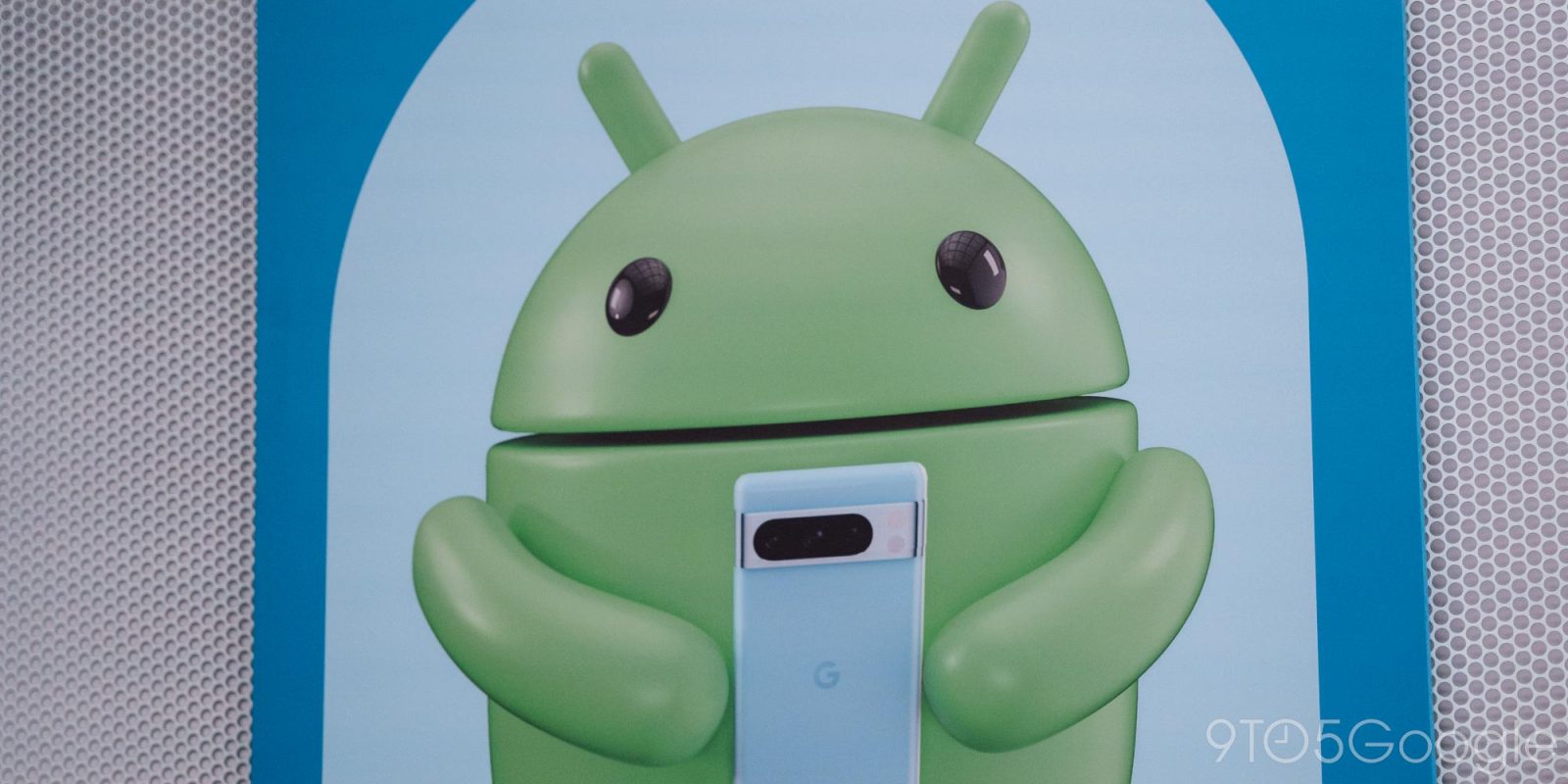
Every video you watch on a smartphone, tablet, or other device has to be run through some decoder, and AV1 has long been touted as the “next big thing.” To get around AV1 hardware requirements, though, Google has quietly added a software-based AV1 decoder to the vast majority of Android devices.
AV1 has been available for a few years now, but it’s still not available on all devices, especially on more affordable devices. That’s because AV1 is something that needs to be handled through hardware support. However, that’s now changing.
Google’s Arif Dikici confirmed on LinkedIn this week that Android is now using VideoLAN’s (the makers of VLC) “dav1d” software decoder to allow AV1 to work on more devices. This is now available on all devices running Android 12 or higher via a software update. Mishaal Rahman points out that this started to roll out with the March 2024 Google Play system update.
Android welcomes dav1d, the best AV1 software decoder. It’s official! All Android devices back to Android S received this new codec over the air. Most devices can decode 720p30 in software using dav1d. Apps need to opt into dav1d to benefit for now yet soon it will become the default av1 software decoder.
Dikici says that “most” devices can at least support 720p at 30 frames per second, but that apps will need to opt in “for now” to support AV1 via software decoding.
One app that has opted in is YouTube, which now uses AV1 on all compatible devices (though it may have reverted this). This may result in increased power usage depending on your device, though. Improvements on that front may be coming, though, says VideoLAN on Twitter/X.
More on Android:
- Sundar Pichai on merging Android and Pixel teams, Google DeepMind, more
- Google’s new ‘Platform and Devices’ team puts Android, Chrome, Pixel, more under Rick Osterloh
- Adobe Express brings generative AI to photo and video on Android
Follow Ben: Twitter/X, Threads, Bluesky, and Instagram
FTC: We use income earning auto affiliate links. More.




Comments